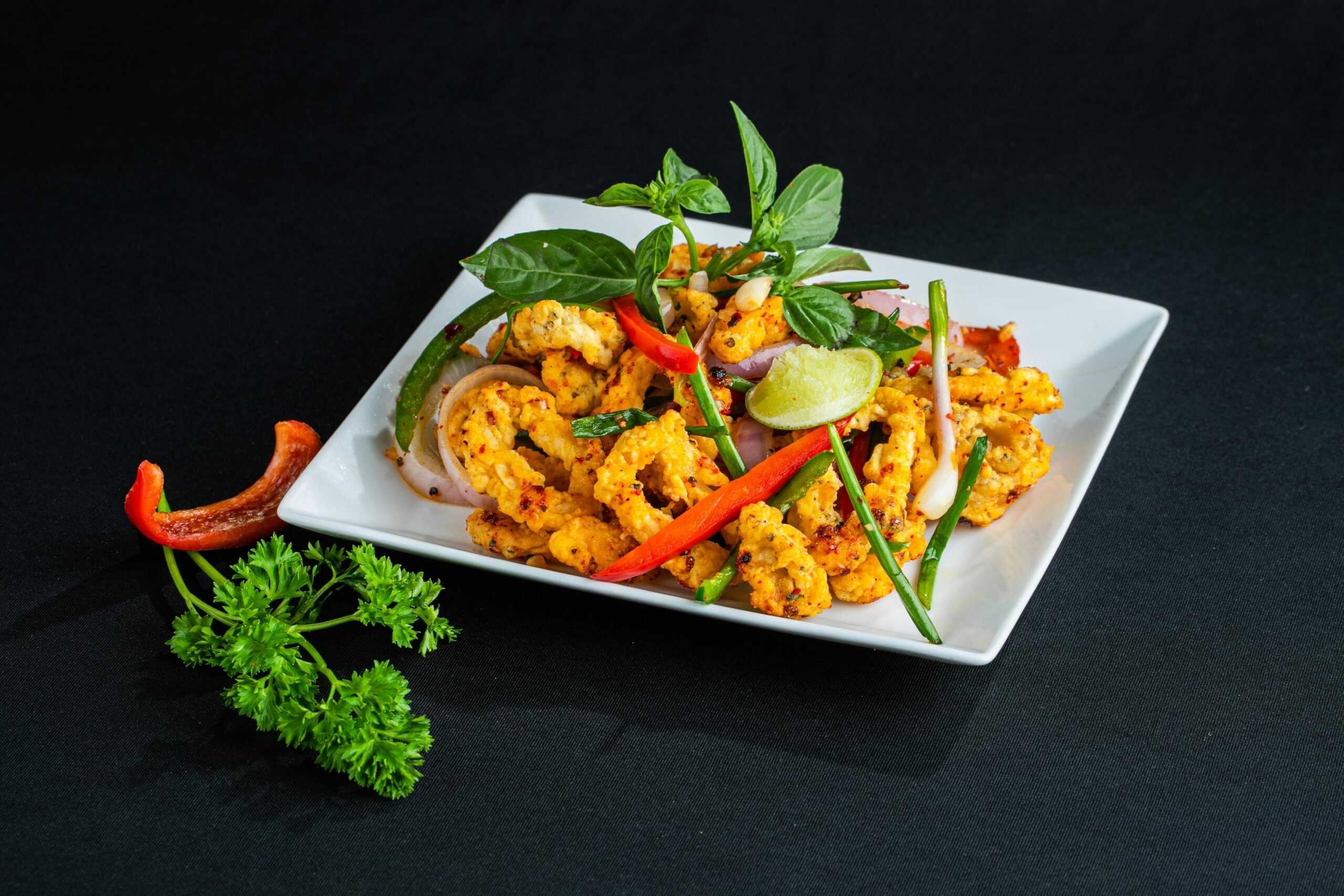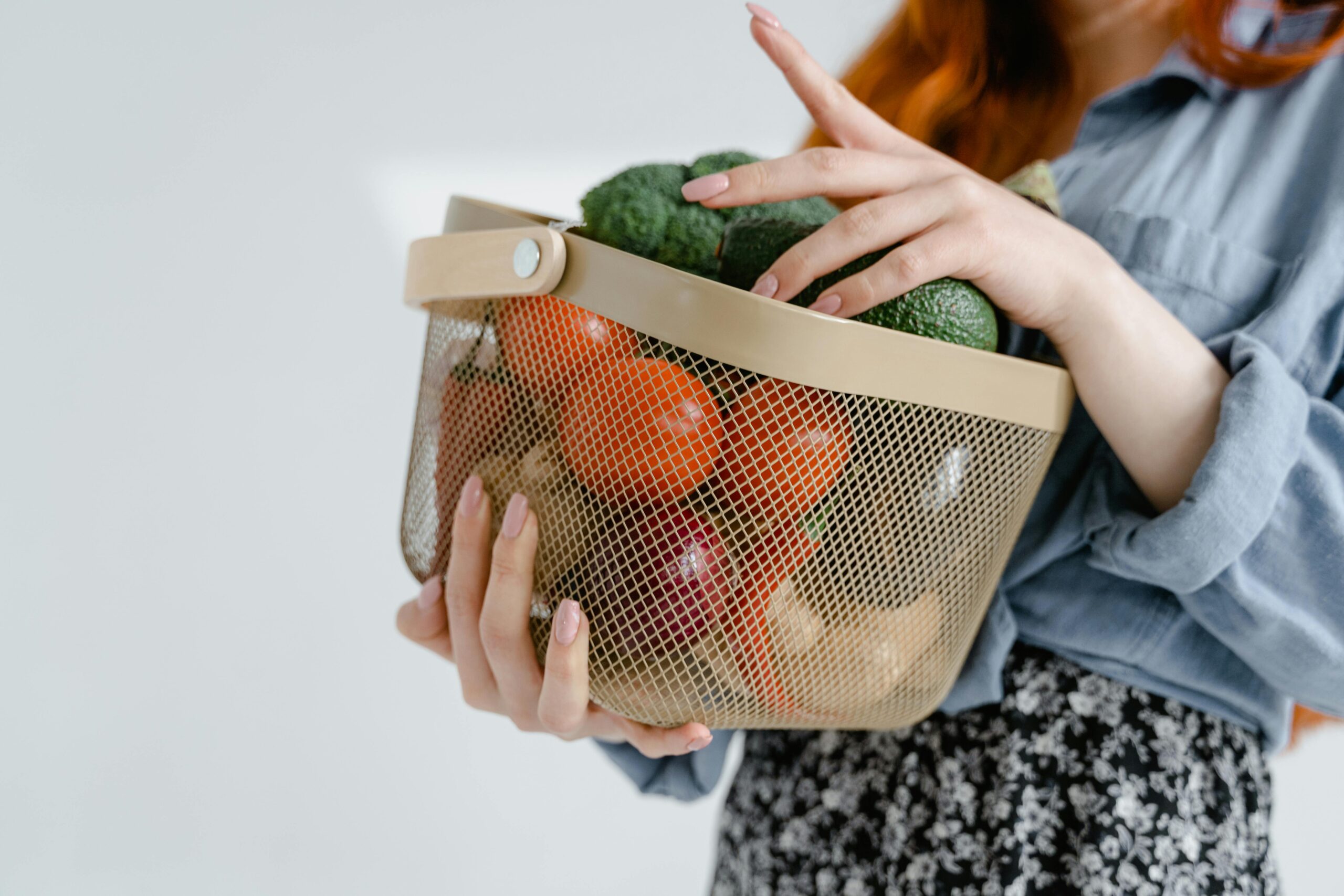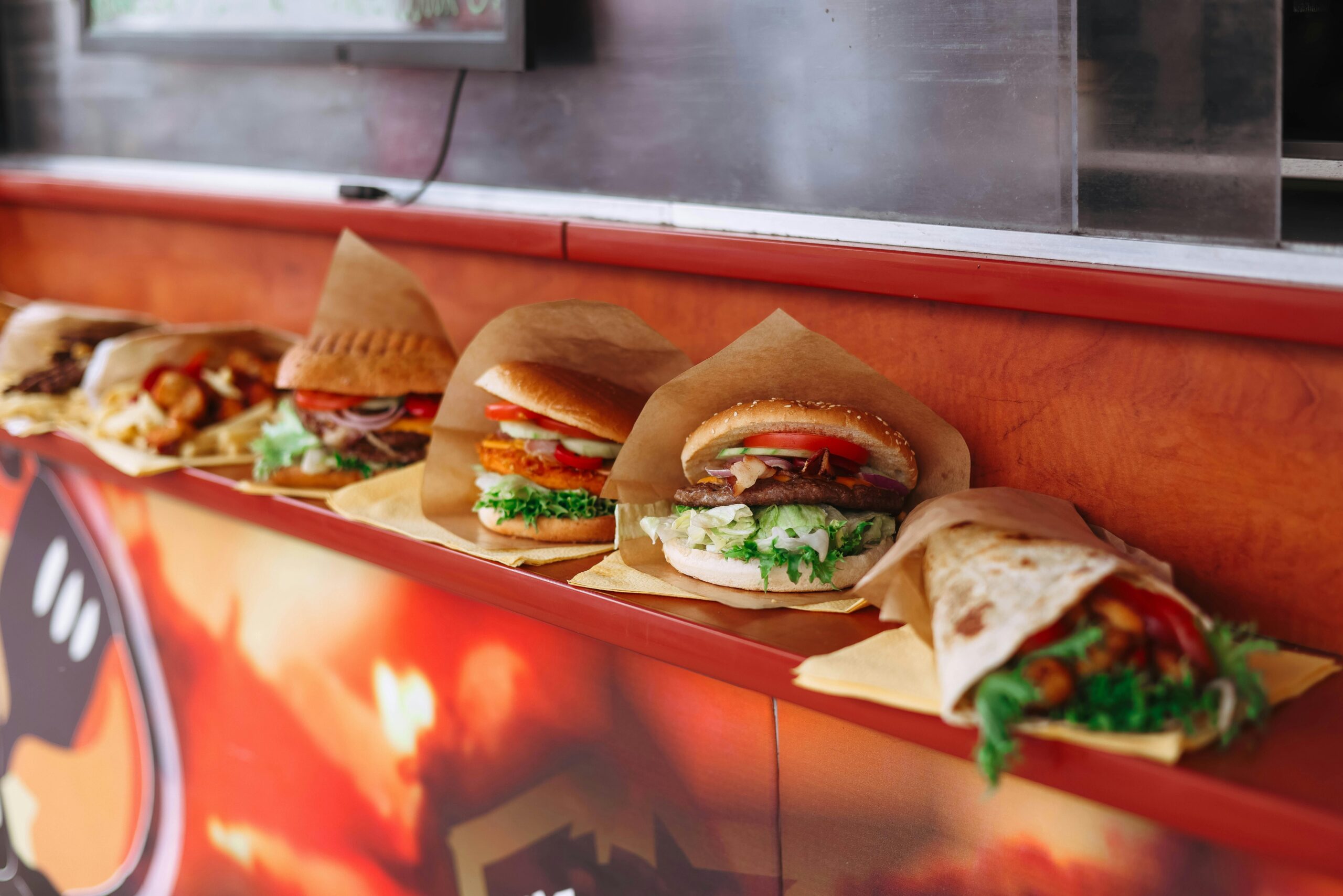Sustainable snacks are a growing focus in the plant-based space. However, because many snack products are traditionally produced with plant-derived ingredients, this category can be a gray area for consumers.
The Food Institute spoke with Nora Witt, vice president of marketing at Dole Packaged Foods, to learn how the company’s recently launched dried fruit line “Good Crunch” embraces plant-forward snacking with a focus on sustainability and transparency across the supply chain.
This interview has been edited for length and clarity.
What role do certifications play in qualifying snack products as authentically plant-forward?
There is a lack of transparency in how foods are labeled today that causes confusion at the shelf. Seeking proper certification and being transparent about production methods and ingredient sourcing is important to help build trust among consumers and help them make informed purchasing decisions. And as consumers become more discerning, we aim to be clear and transparent with our nutrition and production claims.
Good Crunch is backed by several sustainability touchpoints. Could you briefly unpack those and highlight the most challenging elements to implement from a production perspective?
For Good Crunch specifically, we take sustainable production a step further by using solar energy to power the unique, multi-step drying process which lowers CO2 contribution to the air; upcycle unused pieces of fruit into organic fertilizers to reduce food waste; and empower farmers with sustainable techniques and training to improve their farms.
One challenge when creating this product was perfecting a unique crunch that also bursts with flavor and nutrition. We went through a lot of trial and error to get the piece size and drying process just right. The team ultimately achieved [this] with our gentle drying process and was also able to preserve fiber, potassium, and manganese to support digestive, heart, and bone health.
How does Dole go “beyond the plant” to satisfy consumer’s growing appetite for plant-forward snacks?
Consumers are increasingly looking for healthier, nutritious snacking options that are good for themselves and the planet. As a 170-year-old fruit producer, we’ve always been committed to offering shelf-stable fruit- and plant-forward foods to consumers.
Today, we’re taking this a step further and accelerating our transformation into a purpose-led nutrition and wellness company. We will bring to market 11 new products in 2023. Each [is] driven by … consumer desire for wholesome food options that deliver on taste.
We’re also spanning beyond snacks and into other categories including beverages, ingredients, and frozen treats – and entering new categories like functional supplements and probiotic sodas under a new brand.
How do you see the plant-based snack category evolving over the next few years?
We’ll only see this category continue to grow and innovate. The pandemic shifted the way consumers shop and eat – the exposure of some of the problems in the meat industry caused an uptick in interest for better-for-you, plant-based alternatives, and I think that desire is here to stay. Like what we are seeing on the food side with plant-based meat offerings mimicking traditional meat offerings, I think we will continue to see traditional snacks like chips and jerky evolve with a plant-based, better-for-you twist.
The demand for functionality and convenience also remains high, which will drive food purveyors to create products that can be eaten on-the-go and deliver key health benefits. I predict we’ll see more plant-based products that deliver specific functions – energy, focus, gut health – in addition to great taste.
Click here to sign up for The Plant-Based Insider – FI’s free weekly plant-based newsletter – to get related news, data, and trends delivered directly to your inbox every Tuesday.












